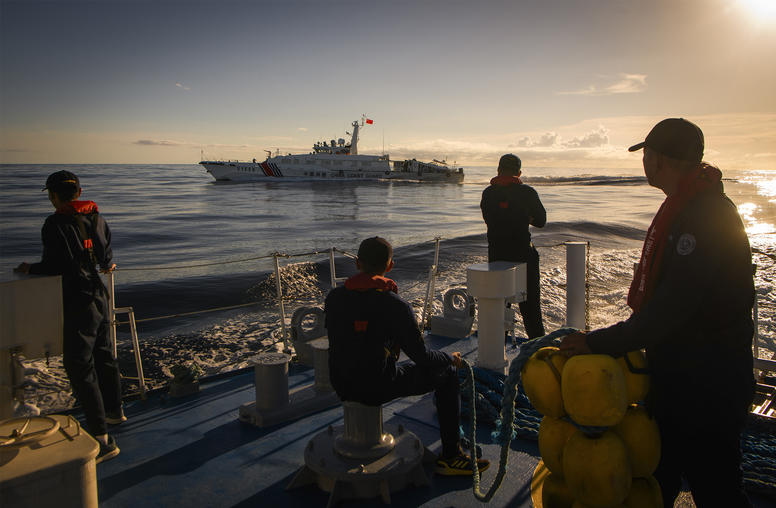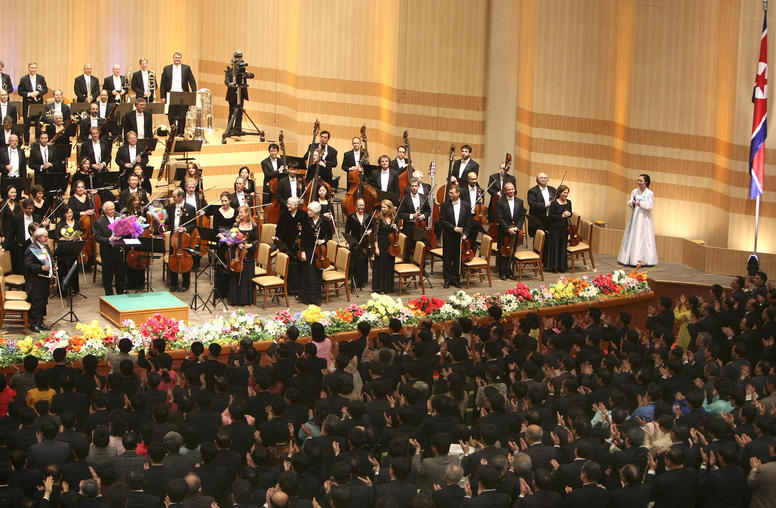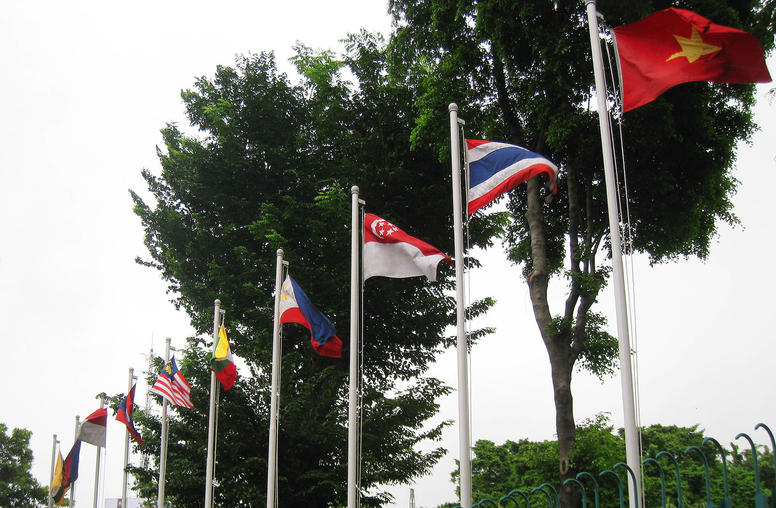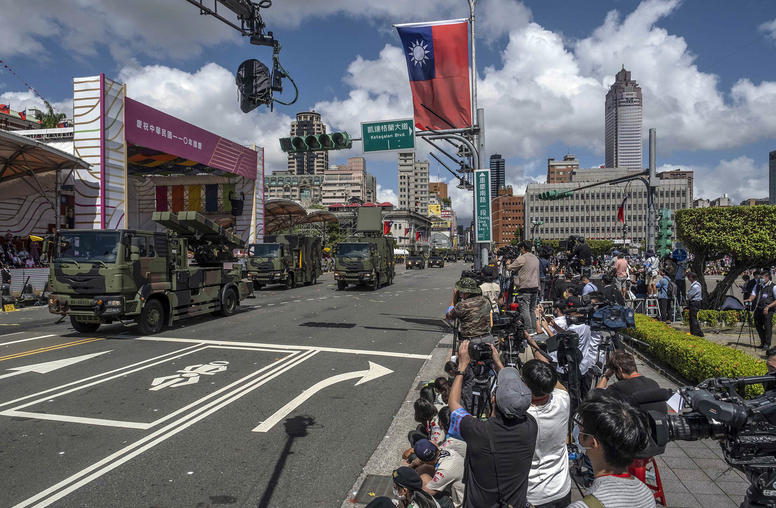Asia Center
The United States Institute of Peace (USIP) has had long-standing engagement in South and Central Asia and the Asia-Pacific. USIP’s Asia Center, established in 2015, currently maintains country offices in Afghanistan, Burma and Pakistan, where staff work with local and international partners to encourage greater inclusivity, promote political and social participation, advance justice, support mechanisms for conflict resolution and reconciliation, counter violent extremism, and pilot, test, and learn from innovative approaches to address violent conflict. The Washington, D.C.-based China program is focused on China’s impact on peace and conflict dynamics globally, with a particular interest in the countries and conflict zones where USIP works. Through research, a range of publications, public and private events, and briefings to national and international policy makers, the Asia Center deepens understanding of peace and conflict dynamics and helps inform policies and strategies on how best to manage violent conflict.
Regional and Non-Priority Country Initiatives
The Asia Center also applies its research, analysis, and convening strengths toward better understanding of regional, bilateral, or cross-border drivers of conflict relevant to its four priority country programs. The Center has previously supported research and dialogue on various aspects of the India-Pakistan and Afghanistan-Pakistan relationships, the Korean peninsula, regional economic initiatives, issues related to natural resources, and common trends in extremism in Southeast Asia, among others.
Where needs, opportunities and resources permit, the Asia Center also seeks to help prevent, mitigate or resolve violent conflict through on-ground initiatives beyond the Center’s priority programs. For example, the Center currently has active projects in Sri Lanka and Kyrgyzstan.





